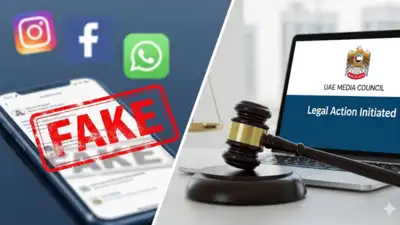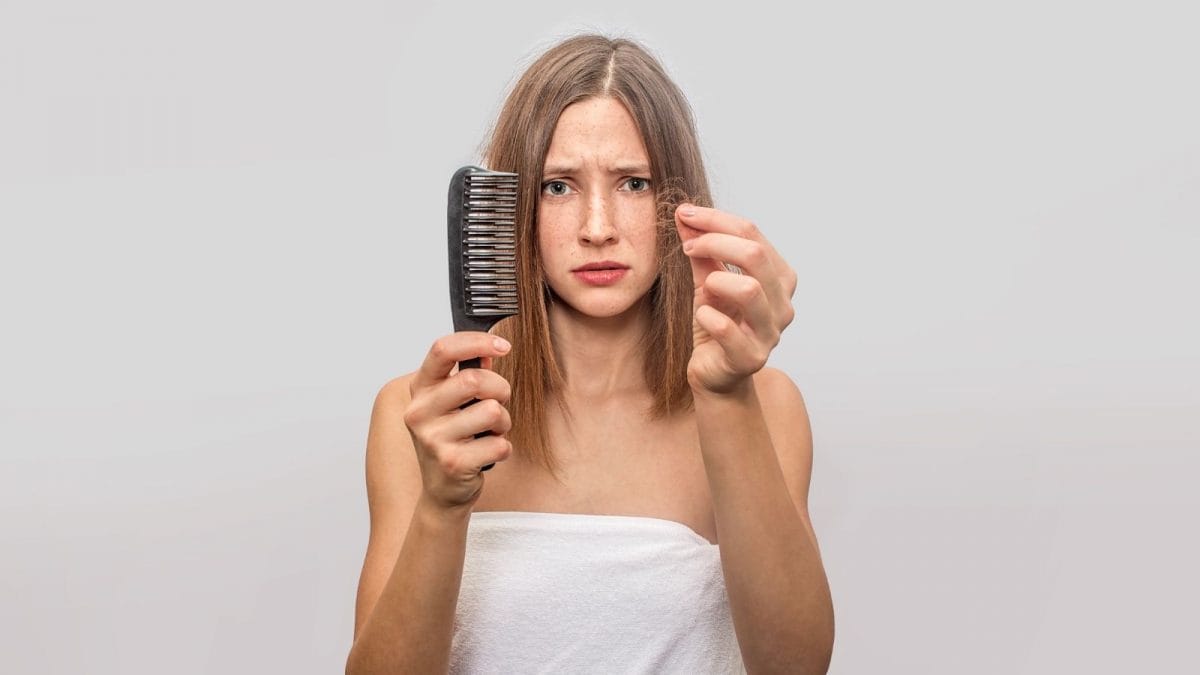The UAE Media Council has launched legal proceedings against a social media advertiser who promoted a health-related product with false and unapproved medical claims. The case, which highlights growing regulatory scrutiny under the new Media Regulation Law, underscores the country’s commitment to combating misinformation and enforcing media accountability in the digital space.
Violation of advertising regulations: False medical claims without health authority approval
An advertising account on a social media platform has come under legal scrutiny by the UAE Media Council for violating the Executive Regulations of the Media Regulation Law. The advertisement in question made medical and therapeutic claims about a product without scientific validation or approval from the relevant health authorities. The Council stated that the content was not only misleading but also breached approved media content standards.Authorities confirmed that the advertiser was summoned, and legal proceedings were initiated in response. The move is intended to uphold standards in public communications and reinforce the importance of accurate, responsible advertising, particularly in the health and wellness space where consumer safety is directly affected.
Scope of the media regulation law: Penalties and compliance requirements
The case falls under the broader framework of the Media Regulation Law, which came into effect on May 29. The law includes detailed provisions aimed at:
- Promoting responsible media practices
- Protecting public interest
- Fostering social cohesion
- Ensuring media accountability across platforms
It defines a wide range of content-related violations, with fines ranging from AED 5,000 to AED 150,000, depending on the severity and recurrence of the offence. Repeat violations can result in escalated penalties, including the suspension of media activities.To enforce these rules, a Media Content Standards Violations Committee has been formed under the UAE Media Council. This permanent body consists of three to seven media experts, and it is tasked with reviewing violations and determining sanctions. The committee evaluates cases based on the social, economic, or political harm caused by the content.
Right to appeal: Grievance mechanism for advertisers
The law also provides a clear grievance mechanism for individuals or entities accused of violating media standards. Once notified of a violation:
- The advertiser has 15 days to submit a written grievance along with supporting documentation.
- The committee is required to issue a decision within 15 days of receiving the appeal.
- If no decision is issued within that time frame, the grievance is automatically considered rejected.
This process ensures a measure of due process and transparency in regulatory enforcement.
Regulations on health product advertising and social media content
Advertising related to medical and therapeutic products is subject to stricter rules under the law:
- All health-related products must receive prior approval from the Ministry of Health and Prevention.
- Advertisers are prohibited from making false or exaggerated claims.
- Scientific evidence must be provided before any health product is promoted.
In a further move to strengthen oversight, the UAE Media Council launched the “Advertiser Permit” on July 30. This new regulation requires any individual or entity posting advertising content on platforms such as Instagram, Facebook, or WhatsApp to obtain a permit, regardless of whether the ad is paid or unpaid.Under the new law:
- Influencers and content creators are treated the same as licensed media outlets.
- They are required to operate under valid permits, adhere to content standards, and avoid misleading or false information.
The Council reaffirmed its ongoing commitment to monitor digital advertising and urged all stakeholders ,from individual influencers to corporate entities — to comply fully with regulatory requirements to ensure a transparent and trustworthy media environment. Go to Source




